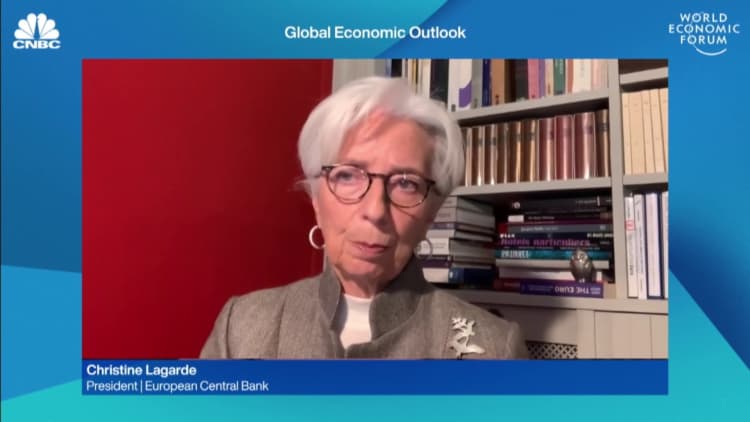The euro zone economic recovery weakened further this month as renewed restrictions imposed to contain the omicron coronavirus variant put another dent in bloc's dominant services activity and as prices continued to soar, a survey showed on Monday.
With the variant sweeping across Europe governments have been encouraging citizens to stay home and avoid socializing or meeting in groups.
IHS Markit's Flash Composite Purchasing Managers' Index, seen as gauge of overall economic health, dropped to 52.4 in January from 53.3 in December, its lowest since February and below the 52.6 predicted in a Reuters poll.
That headline number was affected by the services PMI, which dropped to a nine-month low of 51.2 from 53.1. Although above the 50-mark separating growth from contraction it was well below the Reuters poll estimate for 52.2.
"The omicron wave has led to yet another steep drop in spending on many consumer-facing services at the start of the year, with tourism, travel and recreation especially hard hit," said Chris Williamson, chief business economist at IHS Markit.
With customers staying home, growth in demand for services almost dried up. The new business index sank to 50.8 from 52.5, its lowest reading since April last year just before parts of the economy reopened after a stricter lockdown.
Consumers were also hit by rocketing prices. The composite output prices index matched November's survey high, and comes after inflation hit a record last month, likely adding pressuring on the European Central Bank to tighten policy.
Factories, however, are less affected by restrictions and have largely remained open. The manufacturing PMI rose to a five-month high of 59.0 from 58.0, well ahead of the 57.5 Reuters poll estimate.
An index measuring output jumped to 55.8 from 53.8. The output measure feeds into the composite PMI and its big increase shows how much impact the services decline had on overall activity.

To meet buoyant demand factories increased headcount at a rapid pace. The employment index soared to 57.5 from 55.3, its highest since July.
A Reuters poll last week found more than two-thirds of economists saying the omicron variant would have a milder economic impact than Delta, and with the vaccine program in the region continuing, optimism improved.
The composite future output index nudged up to 66.8 from 66.7, its highest since the omicron wave began.
"While the omicron wave has dented prospects in the service sector, the impact so far looks less severe than prior waves. Meanwhile, perceived prospects have improved," Williamson said.

